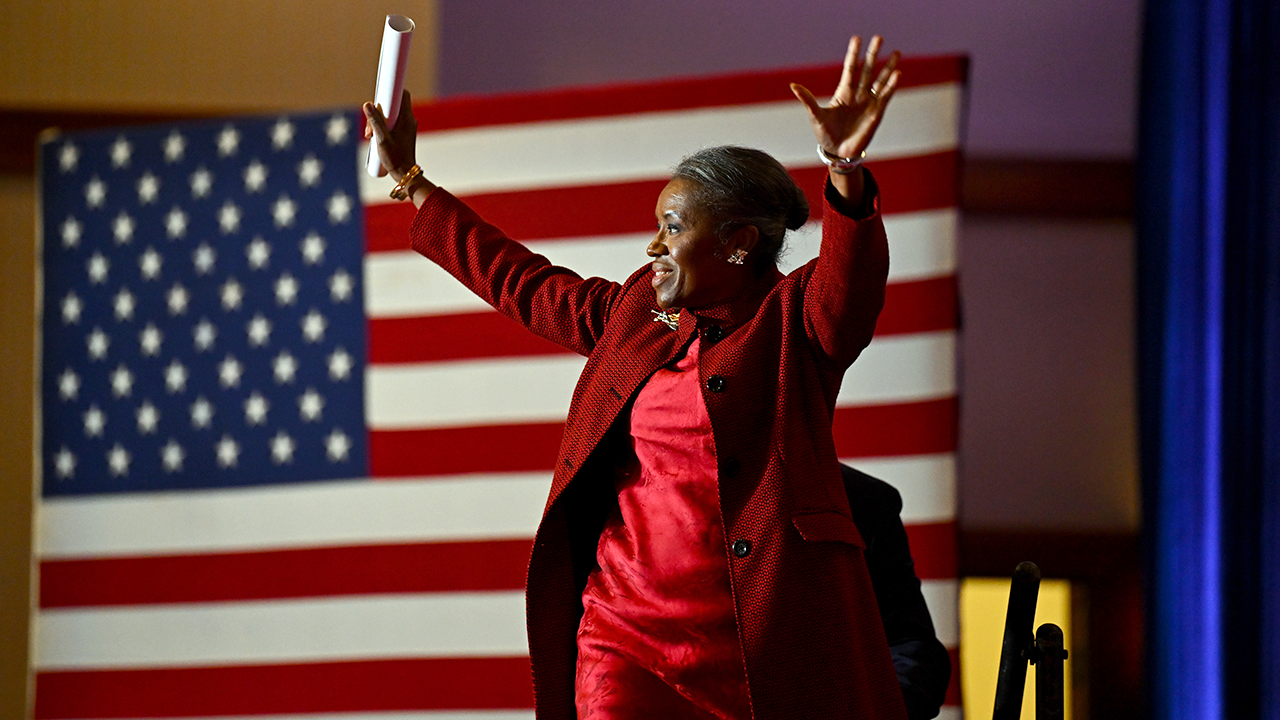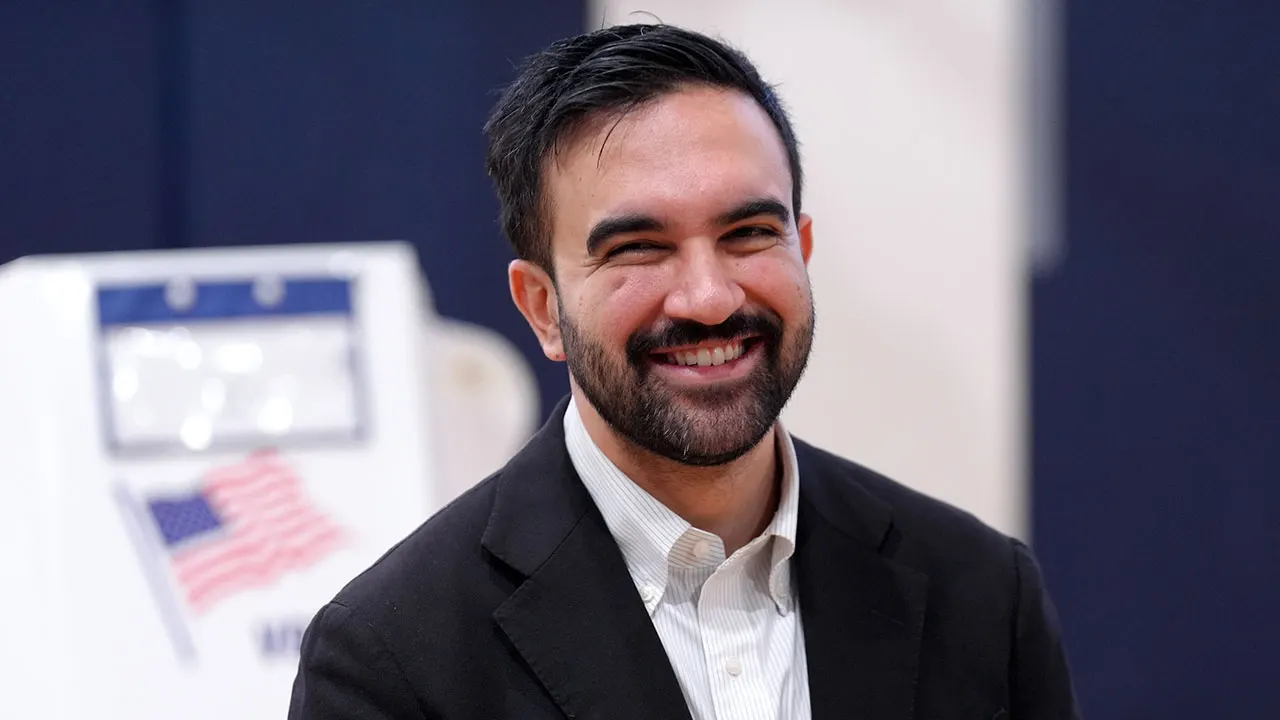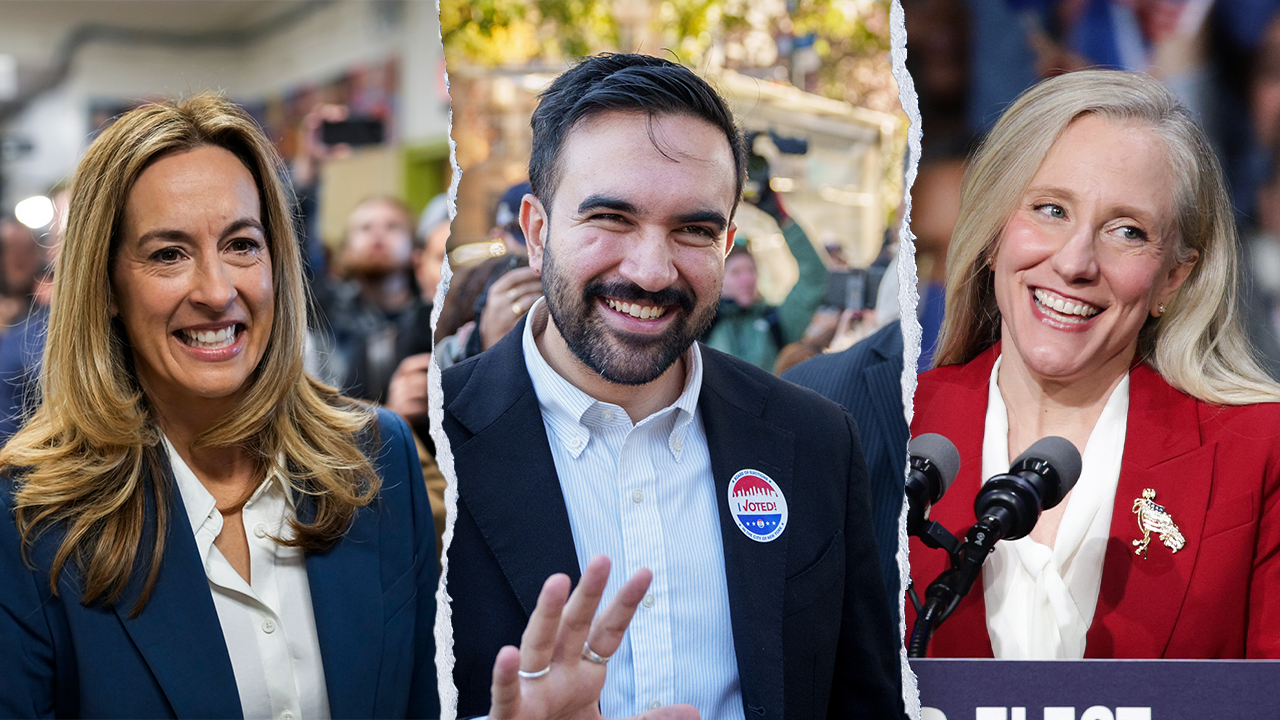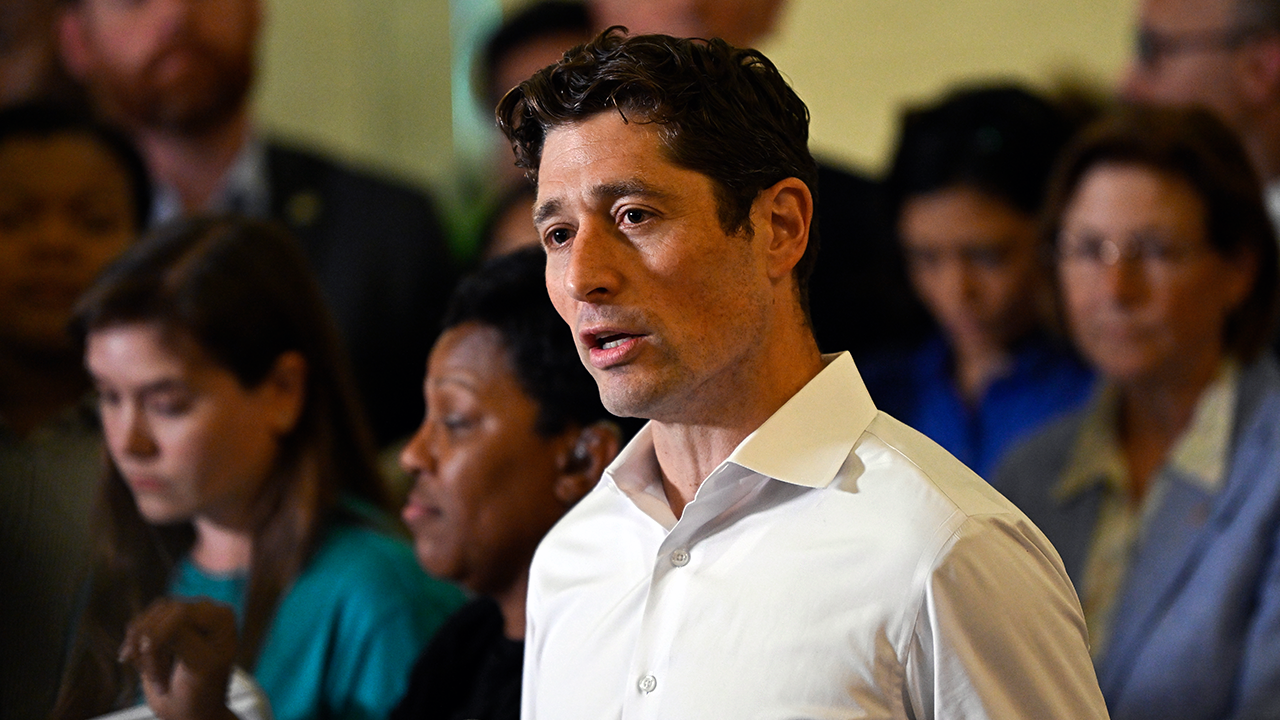NEWYou can now listen to Fox News articles!
Antisemitism — hatred of Jews because they are Jews — is sometimes referred to as "the ancient evil," because it is indeed ancient, dating at least to the third century BC in Hellenistic Egypt. The Greeks and the Romans were both suspicious of Jewish communities of the ancient world simply because they refused to adopt the religious and social customs of their conquerors, and the rulers especially resented the strict monotheism of the Jews.
As a people "set apart," the Jews maintained their communities according to the rules of their faith and were persecuted as a consequence by the dominant powers and empires.
At least three times, the Jewish people were carried away en masse as captives and slaves: the Assyrian captivity of the northern kingdom around 722 BCE, the Babylonian captivity of the southern kingdom of Judah starting in 597 BCE and the Roman captivity beginning in 70 CE.
FAITH, FREEDOM AND THE FIGHT AGAINST RISING ANTISEMITISM
Christianity, of course, begins with the person of Jesus, who is Jewish and born of Mary, also Jewish. The earliest Christian communities were planted by Jews, including the original apostles and Paul. Almost all of Christian Scripture is certainly authored by Jews, and what Christians call the "Old Testament" is exclusively of Jewish authorship. It should be obvious to Christians that antisemitism is in conflict with their beliefs. But, for hundreds of years that was not the case.
The first three hundred years of the Christian faith were marked by persecution of their own communities by various rulers and especially the Romans, until the Edict of Milan in 313 AD, when the Emperor Constantine ordered religious tolerance throughout the Roman Empire. Again, having been persecuted, Christians ought to be suspicious of persecuting any people different from themselves.
The Bishop of Rome gradually emerged as first among equals among the bishops, beginning with the Council of Nicaea in 325. The "pope," as the bishop of Rome came to be called, was accorded special authority in subsequent ecumenical councils including Constantinople I in 381 and the Chalcedon council in 451. The role of the pope would eventually be crucial to reconciliation of the two faiths.
Before very recent history, the Roman Catholic Church (of which I am a part) institutionalized antisemitism, especially from the Middle Ages through Vatican II, the great modernizing council which opened in October 1962 and concluded in December 1965.
Among the products of the Vatican II Council was the issuance of "Nostra aetate" which proclaims in part that the Church rejects "every persecution against any man, [and that] the Church, mindful of the patrimony she shares with the Jews and moved not by political reasons but by the Gospel's spiritual love, decries hatred, persecutions, displays of anti-Semitism, directed against Jews at any time and by anyone." So while the Roman Catholic Church was complicit in antisemitic persecution of the worst sort for centuries, for the past 60 years it has condemned it. People and institutions can change.
So Catholics, at least, are obliged to condemn and wholly reject antisemitism. St. John Paul II, often referred to as St. John Paul the Great, oversaw the Great Fundamental Agreement that was signed in December 1993, recognizing the State of Israel and leading to the exchange of ambassadors between the Vatican and Israel in June 1994.
While Pope John Paul II worked ceaselessly to reorder relations between Christians and Jews and the Vatican and Israel. He also acknowledged and sought to repair the damage the Church had done to Jews through the centuries. His successor, Benedict XVI, carried on that work. Like John Paul II, Pope Benedict visited Auschwitz. In 2006, Benedict went to the infamous death camp, called it a "place of horror" and declared it as well as "a place of memory, it is the place of the Shoah."
"The past is never simply the past," Pope Benedict continued. "It always has something to say to us; it tells us the paths to take and the paths not to take." (The text of Benedict’s remarks is here.)
Benedict’s vast intellect is a good beginning place for people of all faiths as they contemplate the alarming rise of anti-Semitism on the left and the far-right in America. He called on all to join with the Catholic communities of religious near the death camp in the prayer "that remembrance will foster resistance to evil and the triumph of love." It is a call best understood to be a duty on all free people.
Catholics and all Christians ought to be very slow to accuse anyone of the mortal sin of anti-Semitism — "judge not, lest you be judged"— but still quick to condemn its embrace when its hideous face emerges in unmistakable form.
CLICK HERE FOR MORE FOX NEWS OPINION
Some revel in that identity rooted in hate. Most who truly draw their identity from the ancient evil are mentally ill, in need of conversion and care. But, some make the choice to hate Jews for various reasons which cannot be easily traced to mental illness, and they should receive clear condemnation as this particular hatred can be considered contagious given how long it has endured and how often its apparent eradication does not actually stick.
Public figures should avoid the proponents of vocal antisemitism, never elevating it without condemnation and also always quick to distance themselves from it. Because attention itself is a reward for antisemites of the worst sort, and refusing to acknowledge their vile propaganda is the best tactic, while serious history is the best antidote to exposure to it.
CLICK HERE TO GET THE FOX NEWS APP
Social media has allowed the ancient evil to gain new traction and spread into corners that used to be considered dark and are now apparently lucrative. But no one aspiring to lead should be anywhere near its poisonous pools.
So, always condemn antisemitism in all its forms, but be slow to accuse anyone of antisemitism. If an antisemite insists on being known for their hatred, shunning is the best response. Not argument or debate, simply shunning. To engage is to reward, and only evil can come from that.
Hugh Hewitt is host of "The Hugh Hewitt Show," heard weekday mornings 6am to 9am ET on the Salem Radio Network, and simulcast on Salem News Channel. Hugh wakes up America on over 400 affiliates nationwide, and on all the streaming platforms where SNC can be seen. He is a frequent guest on the Fox News Channel’s news roundtable hosted by Bret Baier weekdays at 6pm ET. A son of Ohio and a graduate of Harvard College and the University of Michigan Law School, Hewitt has been a Professor of Law at Chapman University’s Fowler School of Law since 1996 where he teaches Constitutional Law. Hewitt launched his eponymous radio show from Los Angeles in 1990. Hewitt has frequently appeared on every major national news television network, hosted television shows for PBS and MSNBC, written for every major American paper, has authored a dozen books and moderated a score of Republican candidate debates, most recently the November 2023 Republican presidential debate in Miami and four Republican presidential debates in the 2015-16 cycle. Hewitt focuses his radio show and his column on the Constitution, national security, American politics and the Cleveland Browns and Guardians. Hewitt has interviewed tens of thousands of guests from Democrats Hillary Clinton and John Kerry to Republican Presidents George W. Bush and Donald Trump over his 40 years in broadcast, and this column previews the lead story that will drive his radio/ TV show today.
.png)
 German (DE)
German (DE)  English (US)
English (US)  Spanish (ES)
Spanish (ES)  French (FR)
French (FR)  Hindi (IN)
Hindi (IN)  Italian (IT)
Italian (IT)  Russian (RU)
Russian (RU)  20 hours ago
8
20 hours ago
8









Comments
Get the most out of News by signing in
Sign In Register